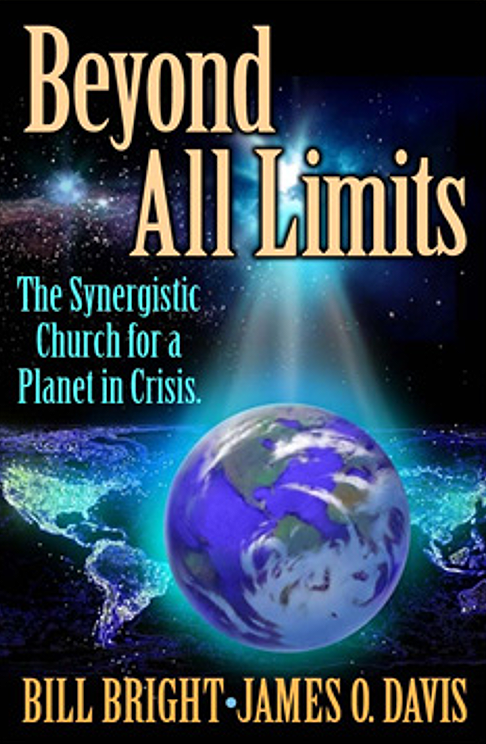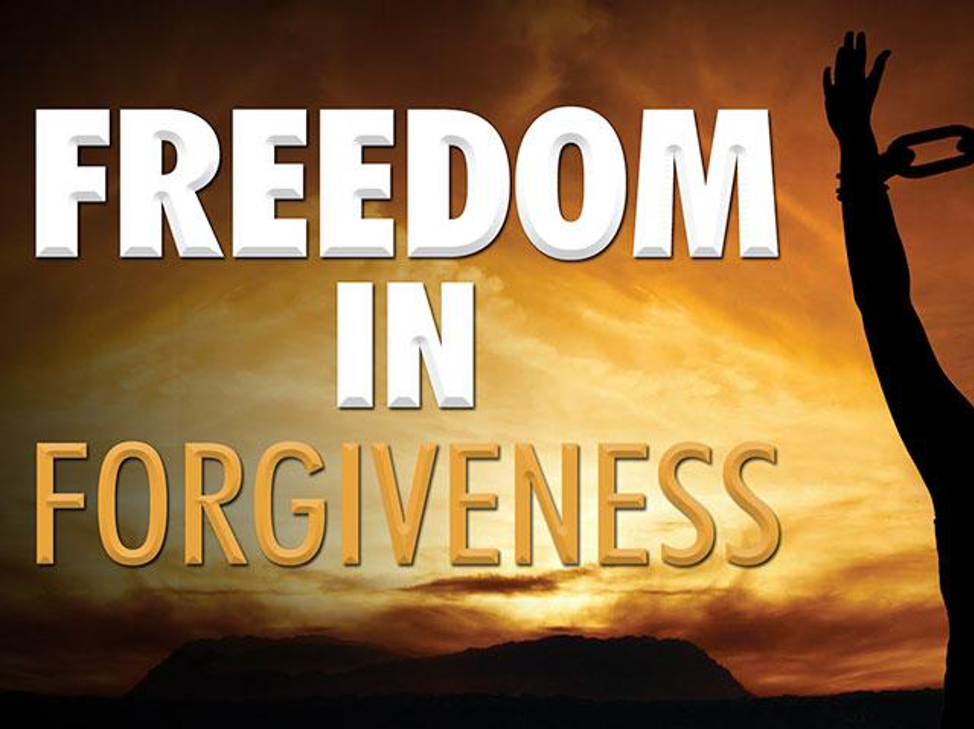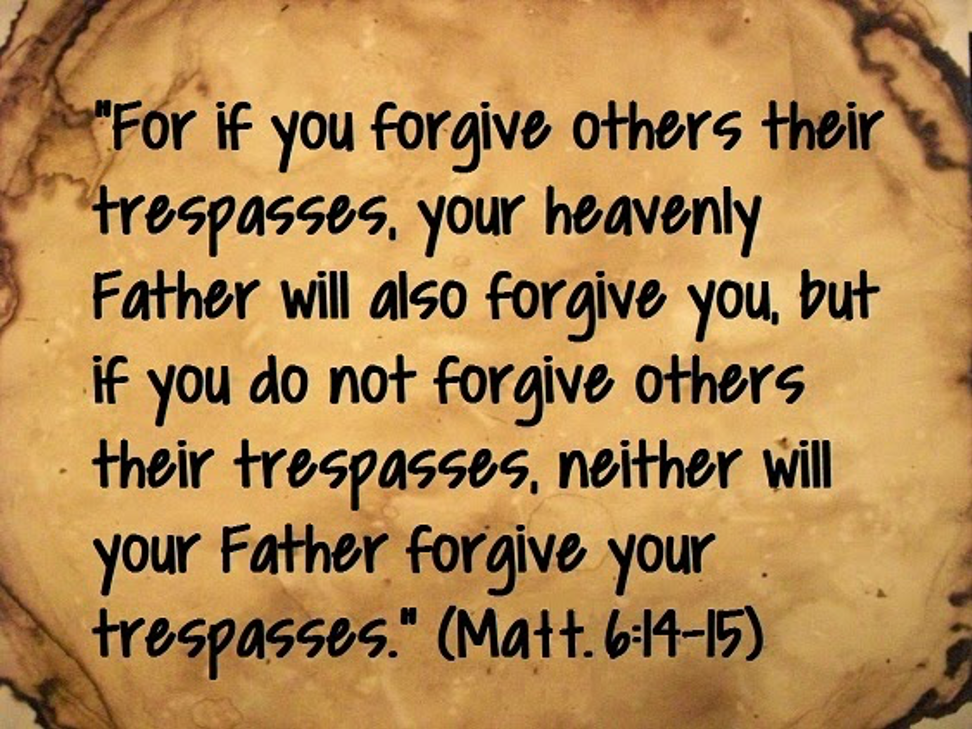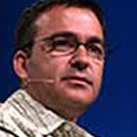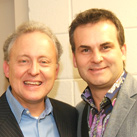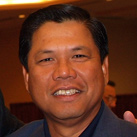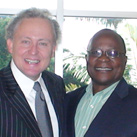Forgiveness Part 2 – Living Life from the Heaven Edge – Series #24
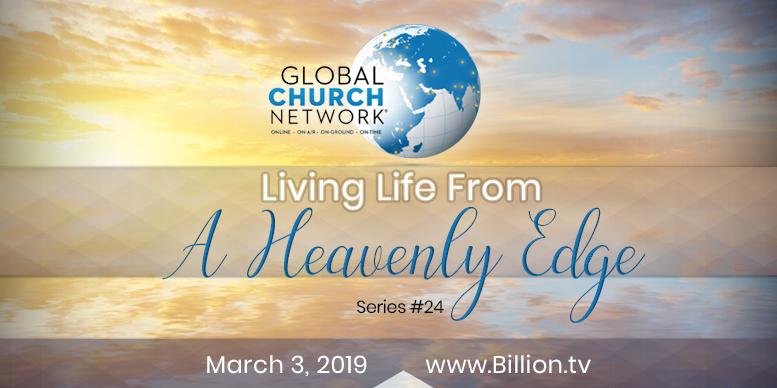 |
|
Dear Visionary Leader:
I can truly say that I have invested my life in seeking to see lost people reconciled to God and for the Church to build bridges instead of fences between its leaders. We so often want ourselves to be forgiven before the Lord, but forget that real forgiveness is demonstrated by how we treat our brothers and sisters.
It is my opinion that real revival is not just getting the roof off and getting right with God. Real revival is getting the walls down and getting right with one another. Many years ago, Dr. Bill Bright and I wrote a book entitled, Beyond All Limits: The Synergistic Church For A Planet In Crisis. In the book, Dr. Bright shared a story about a mighty revival in Africa, with an emphasis was no roof and no walls. The people of the revival did not want anything to separate them from God and nothing to separate them from the world. If you have not read the book I encourage you to do so.
This message is continued in the Visionary Coaching section. 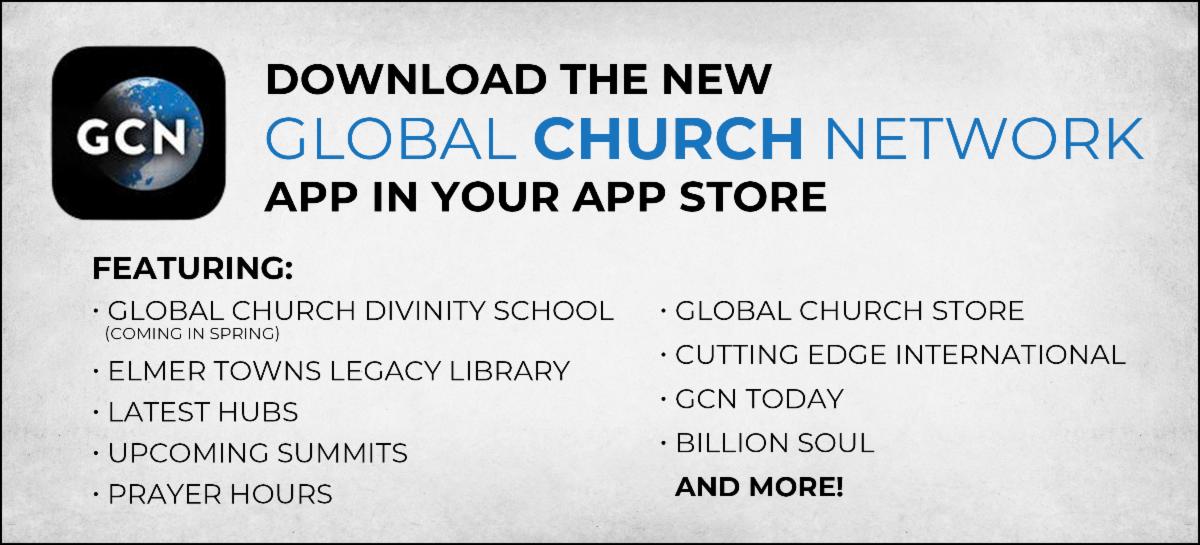  As we continue our series, “Living Life From A Heavenly Edge,” we have focused on The Freedom of Forgiveness. When we forgive we set free ourselves and others at the same time. Forgiveness keeps us in right relationship with the Lord and in reconciliation with others. Last week, we taught on the compelling reasons for forgiveness. Now, we continue with:
II. The Costly Requirements for Forgiveness
Now, let me talk to you about the costly requirements for forgiveness, because, see, there’s no bargain forgiveness or no bargain pardons.
What does our Scripture say? “Be ye kind, tenderhearted, forgiving one another, even as God for Christ’s sake hath forgiven you” (Ephesians 4:32). Now, Jesus is the model of our forgiveness since he paid the price. We talked about redemption through His blood. We will have to know a little personal Gethsemane and Calvary if you truly forgive somebody who has deeply hurt you.
A. We Need To Forgive Freely
The Lord’s forgiveness is free, spontaneous, and quick. Don’t forgive after you have collected your revenge. You know, sometimes people hurt us, and we say, “They don’t know how much they hurt me, and I’m going to teach them how much I’ve been hurt. I’m going to make them suffer.”
Has anybody ever treated you that way and then finally said, “Well, I’ll forgive you?” What do you feel like saying? “Hey, I don’t need to be forgiven. I’ve already paid.”
You should be so anxious to forgive a person that you chase them and catch them in order to forgive them. Isn’t that what God has done for us? We love Him why? Because, He first loved us.
When Adam and Eve sinned against God in the Garden of Eden, God did not sit up there, in Heaven, and say, “Well, I’m going to wait, and if, perhaps, they come to me, I might be persuaded to forgive them.” God came to the garden, and God said, “Adam, Adam, where are you?” (Genesis 3:9). That wasn’t the voice of a detective. That was the voice of a brokenhearted God who was seeking someone who had sinned against Him, freely seeking to forgive. We read, “Moreover, if thy brother shall trespass against thee, go and tell him his fault between thee and him alone”-it doesn’t say to go and tell him off; go tell him secretly, privately, lovingly-and “if he shall hear thee, thou hast gained thy brother” (Matthew 15:18).
Peter asked the Lord: “Lord, how many times if a person sins against me, shall I forgive him? Seven times?”-that’s a perfect number (Matthew 18:21). Jesus said: “No, seventy times seven” -four hundred and ninety (Matthew 18:22). And, by inference, He didn’t mean you stopped at four hundred ninety-one. What our Lord says is, “Get the mathematics out of it. Don’t keep score. Forgiveness has no limit. Forget the math.” Forgive freely, even if you have to chase somebody in order to forgive them.
B. We Need To Forgive Fully
Now, if somebody comes to you and says, “I want you to forgive me.” We should not say, “Don’t worry about it.”
This is a wrong response. We are to say, “I forgive you. I forgive you.” This is very important. You see, sometimes, when we do wrong, we don’t go to another individual and say, “Forgive me.” We say, “If I have hurt your feelings, I’m sorry. I want to apologize.”
The word apologize comes from a Greek word, apologia, which means, “to make a defense.” In apologetics, we’re defending the faith. So many of us want to apologize. What we’re doing is really defending ourselves. If you’ve wronged somebody, don’t apologize and say, “Would you forgive me? I was wrong. I was wrong.” It’s not an apology that I want. I want forgiveness. And, if somebody has wronged you, don’t say, “Oh, forget it. Never mind.” Say, “I forgive you.” Do it fully. Then it’s buried in the grave of God’s forgetfulness.
C. We Need To Forgive Finally
We should not bring it up again. Isaiah 43, verse 25: “I, even I, am he who blots out thy transgressions for mine own sake, and will not remember thy sins” (Isaiah 43:25). Sins are buried in the grave of God’s forgetfulness. If you forgive, do it finally, once for all.
You may say, “Well, that brings up a problem for me. God doesn’t remember our sins anymore? I thought God was omniscient. How can God ever truly forget anything?” Well, intellectually, God cannot forget. God doesn’t lose His memory. When God says, “I will remember them no more,” that means, “I will not bring them up. I will not use them against you. If I remember them, I remember them as forgiven sins. I don’t continue to have that spirit of resentment that human beings tend to have. The sin is buried.” Now, many times we say we have forgiven, but we’ve not forgiven finally.
D. We Need To Forgive Forcefully
 We also forgive forcefully. What do I mean by forcefully? It is not natural to forgive. Our spirits demand justice. “They need to pay. They hurt us and they need to understand just how badly they hurt us.” It has well been said, “To err is human; to forgive is divine.” You need Jesus to be forgiven, and, friend, you need Jesus in order to forgive. “Be ye kind, tenderhearted, forgiving one another” (Ephesians 4:32). Where do we get that kindness? Where do we get that tenderheartedness? It comes from Jesus. The same One who has forgiven us is the One who puts His Spirit in us and enables us to have the force and the power to forgive.
III. The Certain Results of Forgiveness
I want you to think about the three-fold results of forgiveness. What will be the certain results of forgiveness?
A. Personal Emancipation
When there is forgiveness, there is personal emancipation. You’re set free!
B. Mutual Reconciliation
There will be reconciliation. There’s going to be a reconciliation between you and somebody else. You’re going to gain your brother or sister. You’re going to set free your brother or sister.
C. Spiritual Rejuvenation
There will be spiritual rejuvenation. There’s going to be revival. Do you know what real revival is? As I wrote at the beginning, real revival is not just getting the roof off and getting right with God. Real revival is getting the walls down and getting right with one another.
I find it amazing that Christian leaders often preach forgiveness throughout the earth, but find it difficult to forgive one another or partner with one another. The way we treat our brother and sister is a measurement of how much we truly love our heavenly Father. While we strive to win the world, let us be sure to keep our relationships with our brothers and sisters fresh and forgiven. Until The Last Person Has Heard,  Dr. James. O. Davis
Founder/President
Global Church Network
Cochair / Global Networking
|

